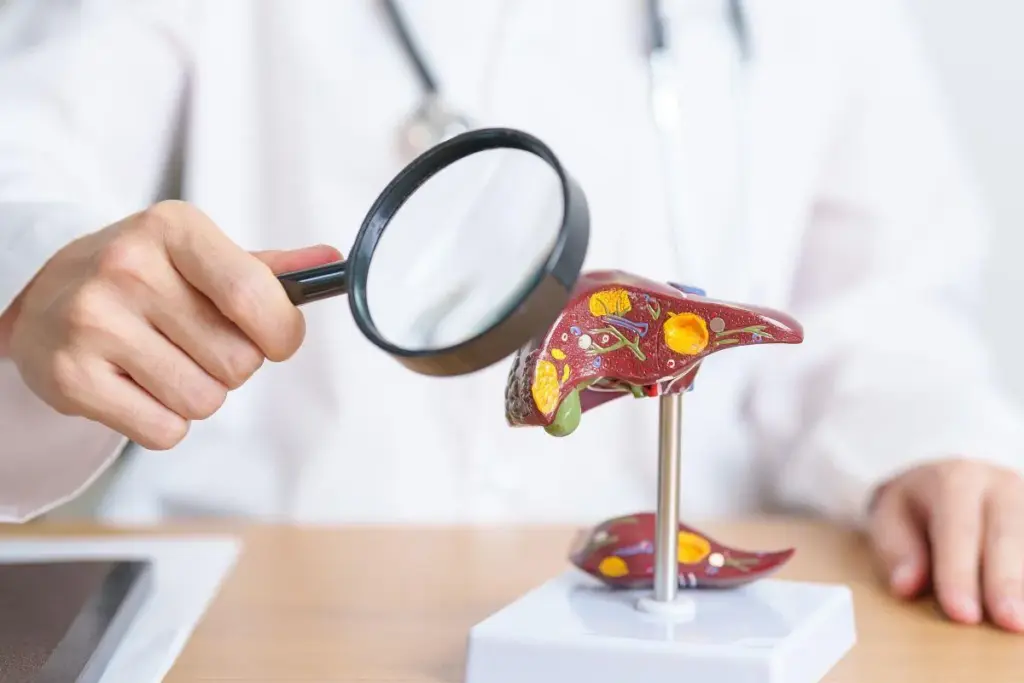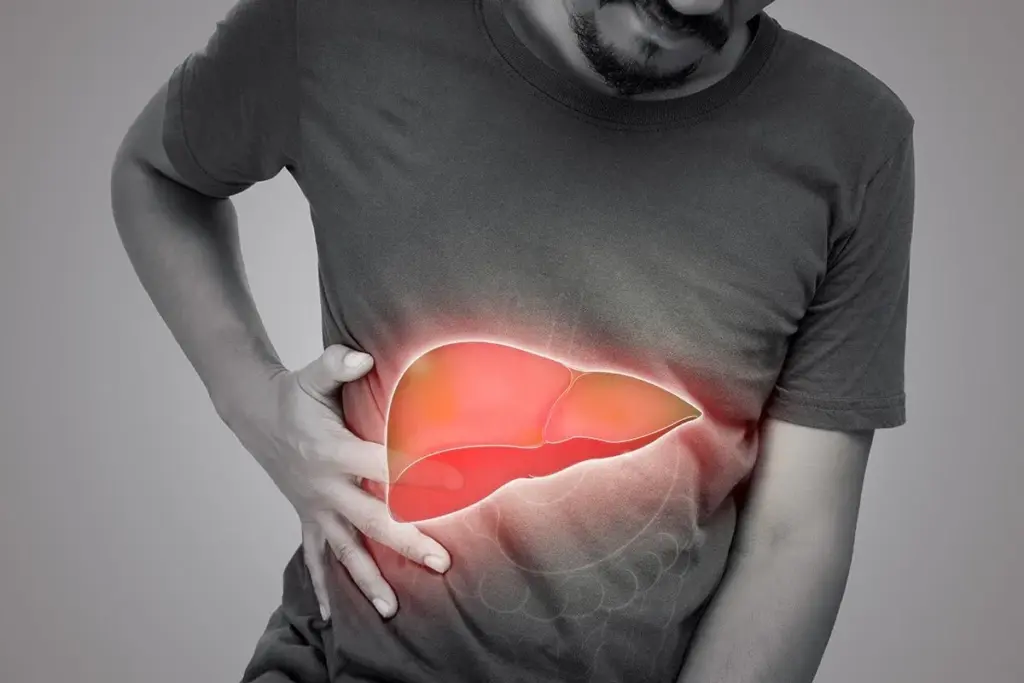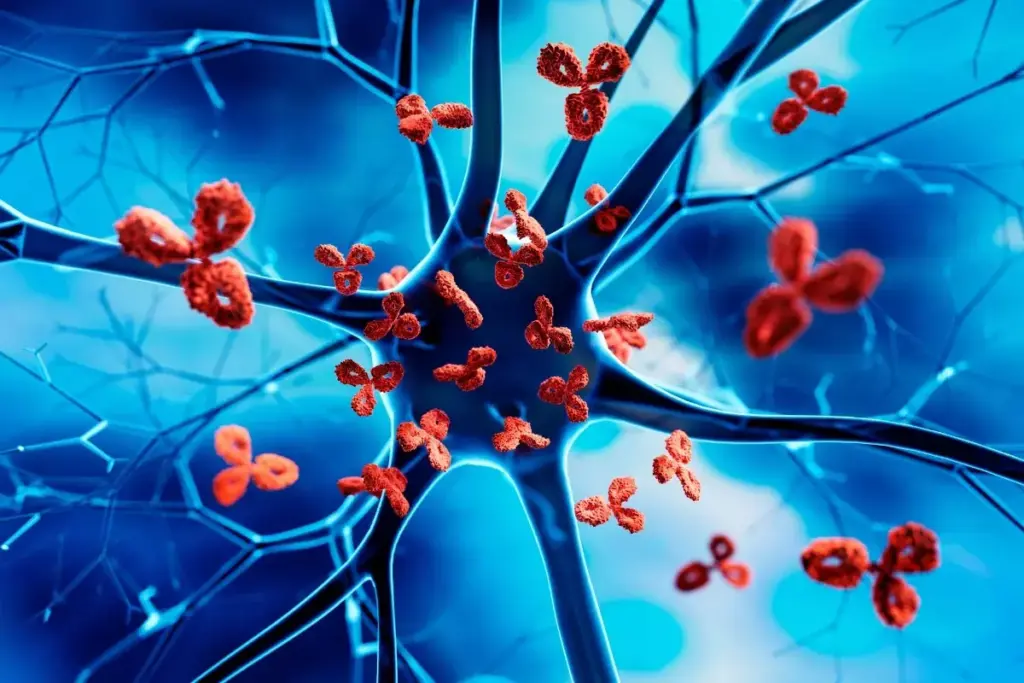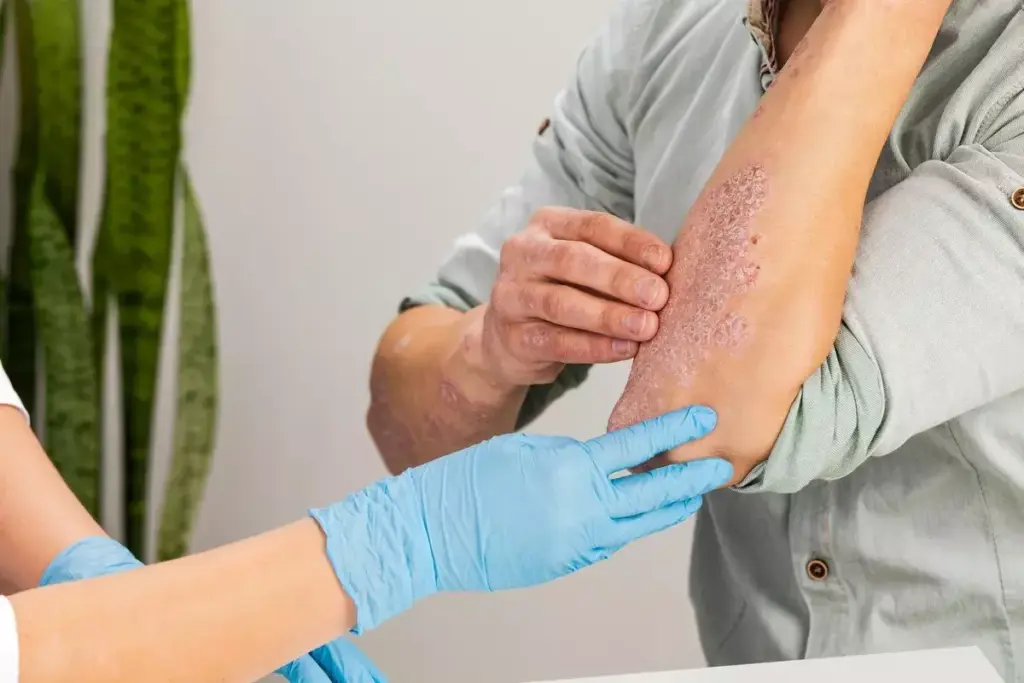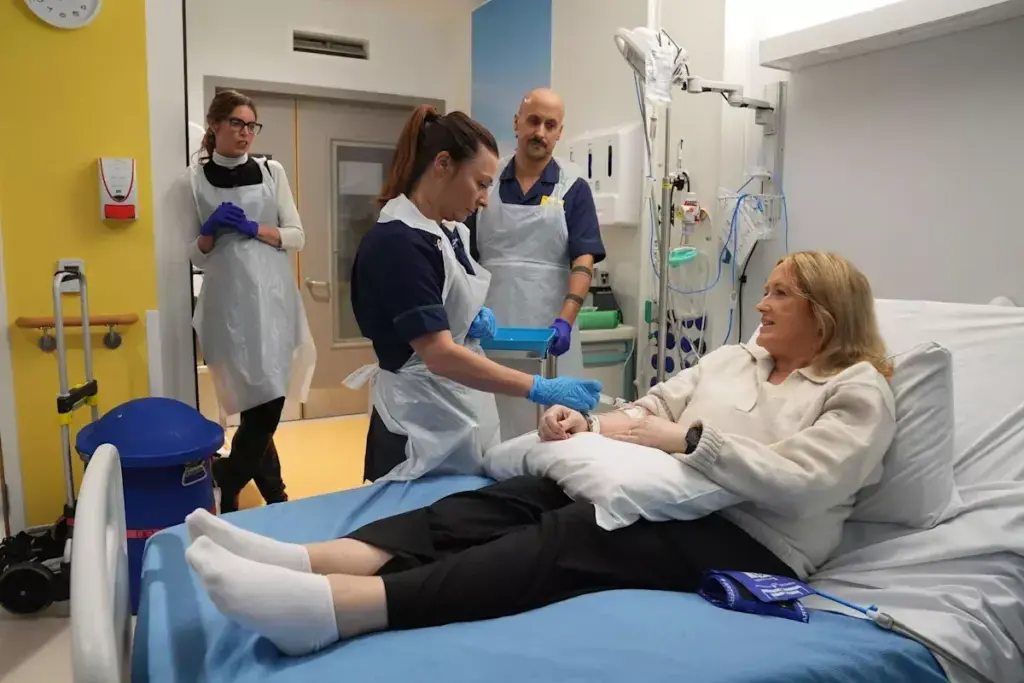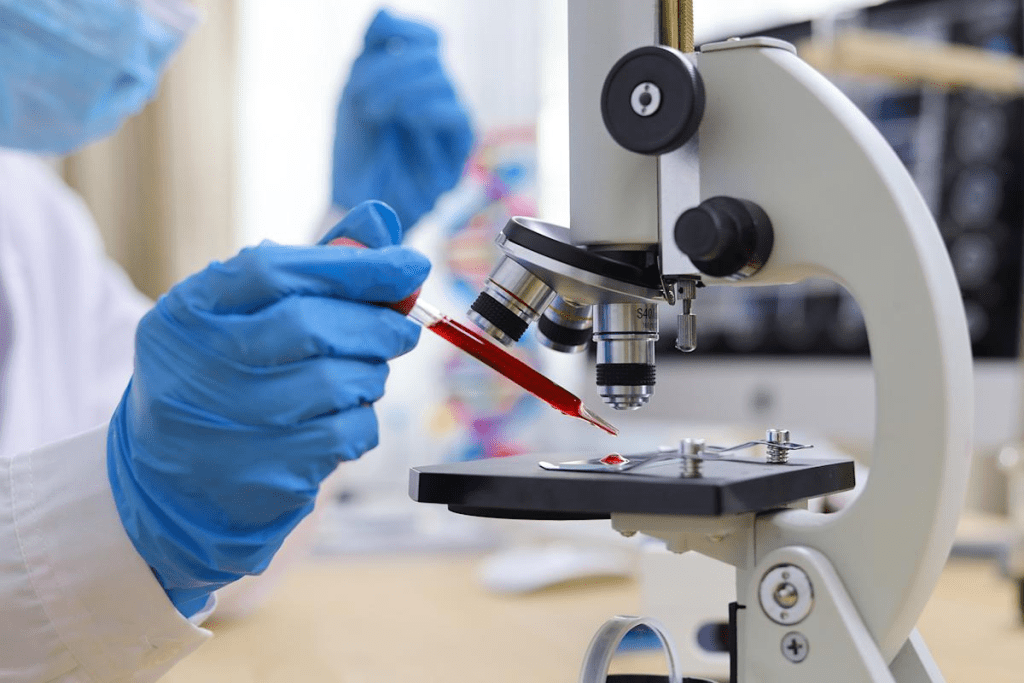
Did you know that blood disorders and cancers affect millions of people worldwide? Hematology oncology is a specialized field focused on diagnosing and treating blood disorders and cancers.
A patient may be referred to a hematologist oncologist or an oncology doctor if they have symptoms like anemia or bleeding disorders. They might also be referred if they have cancer. The specialist will diagnose and treat conditions like leukemia, lymphoma, and multiple myeloma.
Key Takeaways
- Understanding the role of a hematologist oncologist in treating blood disorders and cancers.
- Recognizing the symptoms that may lead to a referral to an oncology doctor.
- Learning about the conditions treated by hematology oncology specialists.
Hematology oncology is a specialized field focused on diagnosing and treating blood disorders and cancers.
Hematology oncology is a specialized field focused on diagnosing and treating blood disorders and cancers.ancer treatment. It offers full care to patients. Specialists in this field can diagnose and treat many blood and cancer-related conditions.
Definition and Scope of the Specialty
Hematology oncology focuses on blood disorders and cancer treatment. Hematology oncology specialists handle complex cases. They deal with blood-related cancers and other blood conditions.
This field includes:
- Diagnosing blood disorders and cancers
- Treating blood cancers
- Managing blood-related conditions
- Researching new treatments
The Intersection of Blood Disorders and Cancer
Blood disorders and cancer are closely related. Many cancers affect the blood or bone marrow. Specialists in this field understand this connection. They provide care for both aspects of a patient’s condition.
Here’s a table showing the complexity of conditions treated by these specialists:
| Condition | Description | Treatment Approach |
| Leukemia | A cancer of the blood or bone marrow | Chemotherapy, targeted therapy, bone marrow transplant |
| Lymphoma | A cancer of the lymphatic system | Chemotherapy, radiation therapy, immunotherapy |
| Anemia | A condition characterized by low red blood cell count | Iron supplements, vitamin therapy, blood transfusions |
Understanding the role of hematology oncology specialists is crucial for patients, as it empowers them to make informed decisions about their care. Recognizing the link between blood disorders and cancer helps patients appreciate the care they receive.
The Role of a Hematologist Oncologist
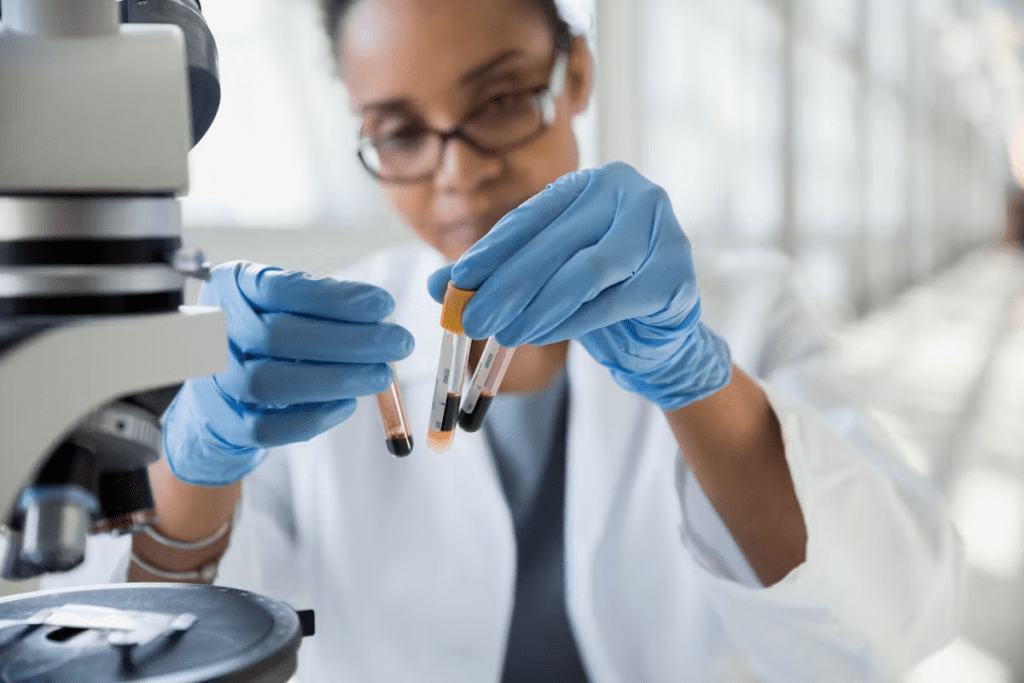
A hematologist oncologist is a doctor who deals with blood diseases and cancer. They get a lot of training to help patients with different blood problems and cancers.
Education and Training Requirements
To be a hematologist oncologist, one needs a lot of education and training. First, they go to medical school. Then, they do residency in internal medicine. After that, they get fellowship training in hematology and medical oncology.
This training is tough but makes sure these doctors are ready to handle complex cases. They learn a lot about blood disorders and cancer.
The path to becoming a hematologist oncologist is challenging. But it prepares them to give top-notch care. They learn through:
- Medical school to understand medicine basics
- Residency in internal medicine to improve clinical skills
- Fellowship training in hematology and medical oncology to specialize in blood disorders and cancer
Specialized Skills and Expertise
Hematologist oncologists have special skills for diagnosing and treating blood disorders and cancers. They know how to read complex lab results and plan treatments like chemotherapy.
They also know how to manage treatment side effects and improve patients’ quality of life. Their all-around approach is very valuable in healthcare.
Difference Between Hematologists and Oncologists
Hematologists and oncologists both help patients with cancer, but they focus on different things. Hematologists deal with blood disorders like anemia and leukemia. Oncologists focus on cancer treatment. A hematologist oncologist does both, helping patients with blood-related cancers and disorders.
| Specialty | Focus | Examples of Conditions Treated |
| Hematologist | Blood disorders | Anemia, bleeding disorders, leukemia |
| Oncologist | Cancer treatment | Solid tumors, various cancers |
| Hematologist Oncologist | Both blood disorders and cancer | Leukemia, lymphoma, multiple myeloma |
Knowing what a hematologist oncologist does is key for patients with blood disorders or cancer. These doctors offer complete care by combining hematology and oncology. This helps improve patient outcomes.
Common Reasons for Referral to Hematology Oncology
People often get referred to hematology oncology for specific health issues. Hematologist oncologists are doctors who deal with blood disorders and cancers. They help diagnose, treat, and manage these conditions.
Abnormal Blood Test Results
Abnormal blood test results are a big reason for referrals. Blood tests can find many health problems, like anemia or leukemia. If the results are off, a hematologist oncologist can figure out what’s wrong and plan treatment.
A complete blood count (CBC) can show issues with red or white blood cells. This might mean anemia, infection, or leukemia. If the CBC shows problems, a hematologist oncologist can find the cause and create a treatment plan.
Suspected Blood Disorders
Suspected blood disorders also lead to referrals. These disorders include bleeding or clotting problems and diseases affecting blood cells. Symptoms like easy bruising or frequent infections might suggest a blood disorder.
A hematologist oncologist can diagnose and manage these conditions. They work with other doctors to give complete care.
Cancer Diagnosis or Suspicion
Cancer diagnosis or suspicion is another reason for referrals. Hematologist oncologists focus on blood cancers like leukemia or lymphoma. Tests like blood tests and bone marrow biopsies help diagnose these cancers.
When cancer is found or suspected, a hematologist oncologist can suggest the best treatments. This might include chemotherapy or stem cell transplantation.
Monitoring After Previous Treatment
Patients treated for blood disorders or cancer may need ongoing monitoring. This follow-up care helps catch any signs of recurrence or complications early. It allows for quick action.
Monitoring includes regular blood tests and physical exams. The hematologist oncologist also helps manage treatment side effects and improve quality of life.
| Reason for Referral | Common Conditions | Diagnostic Tools |
| Abnormal Blood Test Results | Anemia, Leukemia, Lymphoma | CBC, Blood Chemistry Tests |
| Suspected Blood Disorders | Bleeding Disorders, Clotting Disorders | Blood Tests, Genetic Testing |
| Cancer Diagnosis or Suspicion | Leukemia, Lymphoma, Multiple Myeloma | Bone Marrow Biopsy, Imaging Studies |
| Monitoring After Previous Treatment | Recurrence, Treatment Complications | Blood Tests, Imaging Studies, Physical Examination |
Blood Disorders That Require Hematology Oncology Care
Hematologist oncologists are experts in treating blood disorders, including some cancers. They are key in diagnosing and treating blood and bone marrow issues.
Anemia and Related Conditions
Anemia means not enough red blood cells, leading to less oxygen for tissues. Specialists treat different types of anemia, caused by diet, disease, or bone marrow problems.
Bleeding and Clotting Disorders
Bleeding and clotting disorders need special care. Hematologist oncologists handle these, caused by genes, meds, or health issues.
White Blood Cell Abnormalities
White blood cell issues can signal infections, inflammation, or cancer. Specialists use tests to find the cause and plan treatment.
Platelet Disorders
Platelet problems, like low or high counts, raise bleeding or clotting risks. Hematologist oncologists manage these, often with other doctors.
| Blood Disorder | Common Symptoms | Treatment Approaches |
| Anemia | Fatigue, weakness, pale skin | Iron supplements, vitamin B12 injections, blood transfusions |
| Bleeding Disorders | Easy bruising, prolonged bleeding | Clotting factor replacement, desmopressin |
| White Blood Cell Abnormalities | Frequent infections, fever | Antibiotics, chemotherapy, targeted therapy |
| Platelet Disorders | Bleeding, bruising, clotting | Platelet transfusions, medications to stimulate platelet production |
In conclusion, hematologist oncologists are vital for blood disorder care. Knowing what they treat helps patients understand their options better.
Types of Cancer Treated by Hematologist Oncologists

Hematologist oncologists are key in treating cancers of the blood, bone marrow, and lymphatic system. They have the expertise needed to handle the complexities of blood-related cancers.
Leukemia
Leukemia is a blood and bone marrow cancer, marked by too many white blood cells. It comes in types like ALL, AML, CLL, and CML. Treatment options vary based on the leukemia type and stage.
Lymphoma
Lymphoma affects the lymphatic system, a part of the immune system. It’s divided into Hodgkin and non-Hodgkin lymphoma (NHL). Diagnosis often requires a biopsy. Treatment may include chemotherapy, radiation, or both.
Multiple Myeloma
Multiple myeloma is a cancer of plasma cells in the bone marrow. It can lead to bone pain, anemia, and infections. Treatment usually involves targeted therapy, chemotherapy, and stem cell transplantation.
Other Blood-Related Cancers
Hematologist oncologists also treat other blood cancers. These include myeloproliferative neoplasms (MPNs), myelodysplastic syndromes (MDS), and amyloidosis.
| Type of Cancer | Description | Common Treatments |
| Leukemia | Cancer of the blood and bone marrow | Chemotherapy, targeted therapy |
| Lymphoma | Cancer of the lymphatic system | Chemotherapy, radiation therapy |
| Multiple Myeloma | Cancer of plasma cells in the bone marrow | Targeted therapy, chemotherapy, stem cell transplantation |
Hematologist oncologists create personalized treatment plans. They consider the cancer type, stage, and the patient’s health.
The Referral Process to Hematology Oncology
Finding a hematologist oncologist involves a referral process. This process can change based on several factors. It’s key for those with blood disorders or cancer to get the right care.
Primary Care Physician’s Role
The primary care doctor is the first step in the referral process. They help patients who need specialized care. This includes blood disorders or cancer.
Primary care doctors check the patient’s condition and do initial tests. They decide if the patient needs a hematologist oncologist. Then, they send a referral with the patient’s medical info.
Insurance Considerations
Insurance is a big part of the referral process. Patients need to check if their insurance covers the hematologist oncologist. They must see if the specialist is in their network.
Understanding insurance coverage can prevent surprise medical bills. It’s wise to talk to the insurance provider about coverage and costs.
Urgent vs. Routine Referrals
Referrals can be urgent or routine. Urgent referrals are for serious symptoms or life-threatening conditions. They need quick attention from a hematologist oncologist.
Routine referrals are for less severe conditions or ongoing care. Knowing the difference helps manage patient expectations and ensures timely care.
Required Medical Information
When referring a patient, it’s important to share all medical info. This includes the patient’s history, test results, and any diagnostic data.
Having this info ready helps the hematologist oncologist make better decisions. It makes the consultation process smoother.
What to Expect at Your First Hematology Oncology Appointment
Being ready for your first visit to a hematologist oncologist can really help. Knowing what to expect can make you feel less anxious. It also helps you get the most out of your time there.
Initial Consultation Process
The first step is a detailed look at your medical history. Your doctor will review your records and talk about your symptoms. They will also ask questions to understand your situation better.
During the consultation, you’ll get a physical check-up. You’ll talk about your symptoms, medical history, and any treatments you’ve had. The doctor will use this info to start figuring out what’s wrong or what to do next.
Common Diagnostic Procedures
Tests are key in hematology oncology to find out about blood disorders or cancers. Some common tests include:
- Blood tests to check blood cell counts and find any problems
- Bone marrow biopsy to look at the bone marrow for cancer or other issues
- Imaging studies like CT scans or MRI to see how far the disease has spread
It’s important to follow any instructions before your tests to get accurate results.
Questions to Ask Your Specialist
Writing down questions for your doctor can help you understand your diagnosis and treatment. Some questions to think about include:
| Category | Sample Questions |
| Diagnosis | What is my diagnosis? What stage is my condition? |
| Treatment Options | What treatment options are available? What are the possible side effects? |
| Prognosis | What is my prognosis? How will my condition be checked? |
Follow-up Appointments
After your first visit and tests, your doctor will set up follow-up meetings. These meetings are to talk about your test results, plan your treatment, and check on your progress. They are important for adjusting your treatment and answering any questions you have.
It’s very important to go to all your follow-up appointments. Also, be open with your healthcare team about how you’re feeling and any changes in your condition.
Diagnostic Tests and Procedures in Hematology Oncology
In hematology oncology, finding the right diagnosis is key. This is done through advanced tests and careful checks. Blood disorders and cancers need special tests to diagnose them.
Blood Tests and Analysis
Blood tests are essential in hematology oncology. They spot problems in blood cells and track disease progress. Tests like Complete Blood Count (CBC) and blood smears are common.
A CBC checks blood cell levels. It can show signs of anemia, infection, or leukemia. This helps doctors understand what’s going on.
Bone Marrow Biopsy
A bone marrow biopsy takes a sample from the bone marrow. It’s vital for diagnosing blood cancers and disorders. The sample is checked for abnormal cells or cancer.
To get the sample, a needle is inserted into the hipbone. Then, the sample is analyzed for any issues.
Imaging Studies
Imaging studies are key for diagnosing and understanding blood cancers. X-rays, CT scans, MRI scans, and PET scans help see how far the disease has spread. They also check if organs are affected.
PET scans spot areas with high activity, which might mean cancer. These tests help doctors decide on treatment and check how well it’s working.
Genetic and Molecular Testing
Genetic and molecular tests are now very important. They find specific genetic changes linked to blood cancers. This info helps choose the right treatments.
For example, tests can find mutations in genes like BCR-ABL in CML or FLT3 in AML. Knowing this helps predict how well treatment will work.
| Diagnostic Test | Purpose | Examples |
| Blood Tests | Identify abnormalities in blood cells, detect cancer cells | CBC, Blood Smear, Tumor Markers |
| Bone Marrow Biopsy | Diagnose blood cancers and bone marrow disorders | Leukemia, Lymphoma, Myeloma |
| Imaging Studies | Visualize disease extent and organ involvement | X-rays, CT scans, MRI, PET scans |
| Genetic Testing | Identify genetic mutations associated with blood cancers | BCR-ABL, FLT3 mutations |
Treatment Approaches in Hematology Oncology
Hematologist oncologists use many treatments to fight blood cancers and disorders. These include chemotherapy, targeted therapies, and immunotherapy. The right treatment depends on the diagnosis, the patient’s health, and other factors.
Chemotherapy and Targeted Therapies
Chemotherapy uses drugs to kill cancer cells. Targeted therapies are more precise, focusing on specific molecules in cancer growth. Both are key in treating blood cancers and disorders.
Immunotherapy
Immunotherapy boosts the body’s immune system to fight cancer cells better. It’s a promising treatment for some blood cancers, less toxic than traditional chemotherapy.
Stem Cell Transplantation
Stem cell transplantation replaces diseased stem cells with healthy ones. It’s an effective treatment for some blood cancers, aiming for a cure in some cases.
Supportive Care Strategies
Supportive care strategies are also important. They manage symptoms, reduce side effects, and improve life quality. This approach ensures patients get care that improves their overall well-being.
Why Hematology and Oncology Are Often Combined Specialties
Combining hematology and oncology into one specialty makes sense. It’s both practical and beneficial for patients. This mix comes from the history of these two fields.
Historical Development of the Combined Specialty
For over a century, hematology and oncology have been closely tied. The early 20th century saw big changes in treating blood disorders and cancers. The discovery of leukemia and other blood cancers showed the need for a combined approach.
Clinical Advantages of the Integrated Approach
This combined specialty brings many benefits. It helps doctors understand diseases that affect blood and other parts of the body. For example, leukemia is both a blood issue and a cancer, needing a two-pronged treatment.
The integrated method also leads to comprehensive care. Specialists can tackle both the blood and cancer sides of a patient’s health at once. This can result in better diagnoses and treatments.
| Clinical Aspect | Hematology Focus | Oncology Focus |
| Diagnosis | Blood cell analysis | Cancer staging |
| Treatment | Blood disorder management | Cancer therapy |
| Follow-up | Monitoring blood health | Cancer surveillance |
Training Pathways for Specialists
To become a hematologist-oncologist, a doctor needs a lot of training. They start with a residency in internal medicine. Then, they do a fellowship in hematology and medical oncology.
The training includes:
- Medical school
- Internal medicine residency
- Hematology oncology is a specialized field focused on diagnosing and treating blood disorders and cancers.
This training prepares doctors to handle complex cases. These cases involve both blood disorders and cancer.
Finding the Right Hematologist Oncologist Near Me
Finding a good hematologist oncologist is important. They help with blood disorders and cancer. Their skills can greatly affect your treatment.
Factors to Consider When Choosing a Specialist
When looking for a hematologist oncologist, think about a few things. Subspecialty expertise is key. Some doctors are better at certain diseases like leukemia or lymphoma.
Also, check what others say about the doctor. Ask your primary care doctor for recommendations. Look at patient reviews online.
Think about where the doctor is located. Being close or having telemedicine options can be helpful. This is good for those who can’t travel easily or are very busy.
Resources for Locating Qualified Providers
There are many ways to find a good hematologist oncologist. Websites like the American Society of Hematology or the American Society of Clinical Oncology have lists. You can also ask your primary care doctor for suggestions.
Check with your insurance to see who they cover. This can help narrow down your choices.
The Importance of Subspecialty Expertise
Having a doctor with the right subspecialty is very important. For example, a doctor who specializes in multiple myeloma knows the latest treatments.
Look at the doctor’s experience with your condition. See if they’re involved in research or clinical trials. Their approach to patient care matters too.
Second Opinion Considerations
Getting a second opinion is common, even for complex cases. It can offer new insights or treatment plans. Choose a doctor with the right subspecialty for your needs.
By thinking about these points and using the right resources, you can find a hematologist oncologist who is right for you. They will give you the best care possible.
The Multidisciplinary Approach to Hematology Oncology Care
A team effort is key in hematology oncology care. This team approach makes sure all parts of a patient’s health are looked at. This leads to better treatment plans.
Collaboration with Other Medical Specialists
Hematologist oncologists team up with other experts for complete care. They work with surgeons, radiologists, and more. These specialists help diagnose and treat blood disorders and cancers.
This teamwork brings many benefits:
- It gives a full view of the patient’s health.
- It helps create treatment plans that fit each patient.
- It leads to better care and results for patients.
The Role of Nurses, Pharmacists, and Support Staff
Nurses, pharmacists, and support staff are key team members. They handle treatments, manage side effects, and offer emotional support.
| Team Member | Role in Hematology Oncology Care |
| Nurses | Administer treatments, monitor patient condition, provide patient education |
| Pharmacists | Manage medication regimens, provide information on drug interactions and side effects |
| Support Staff | Offer emotional support, assist with daily activities, facilitate access to resources |
Integrative and Complementary Approaches
Along with standard treatments, integrative and complementary methods can help. These include dietary advice, mind-body therapies, and more. They aim to improve a patient’s quality of life.
Examples of integrative approaches:
- Nutritional counseling to support overall health
- Mind-body therapies such as meditation and yoga
- Acupuncture for symptom management
Advances in Hematology Oncology Treatment
The field of hematology oncology has seen big changes in treatment options. These changes have greatly improved how blood disorders and cancers are treated. Now, patients get better care and enjoy a better quality of life.
Precision Medicine and Targeted Therapies
Precision medicine is key in treating blood disorders and cancers. It tailors treatments to fit each patient’s unique genetic and molecular profile. This makes treatments more effective and less harmful.
Targeted therapies focus on specific molecules that help cancer grow. They have shown great promise in treating blood cancers.
CAR T-Cell Therapy and Immunotherapies
CAR T-cell therapy is a game-changer in treating some blood cancers. It modifies T-cells to attack cancer cells. This therapy has been very effective in treating lymphomas and leukemias that don’t respond to other treatments.
Clinical Trials and Research Opportunities
Clinical trials are vital in advancing treatments for blood disorders and cancers. They give patients access to new therapies and help researchers find better treatments. By joining clinical trials, patients can try treatments not yet available. They also help advance medical science.
Future Directions in Treatment
Research is always finding new ways to treat blood disorders and cancers. Future treatments might include using artificial intelligence in planning, more precision medicine, and new immunotherapies. These advancements could lead to even better care for patients.
Conclusion: Navigating Your Hematology Oncology Journey
Understanding the hematology oncology journey is key to managing your care. It’s complex and challenging, but knowing the process helps. From the first referral to treatment and follow-up, being informed is important.
Patient support is vital during this time. Hematologist oncologists and their teams offer medical treatment and support. They help patients cope with their conditions.
Knowing about hematologist oncologists, diagnostic tests, and treatment options helps. Staying informed and asking questions can improve your care. It makes a big difference.
Remember, you’re not alone on this journey. Healthcare providers are there to support you. They help you from diagnosis to treatment and beyond.
FAQ
What is hematology oncology?
Hematology oncology is a specialized field focused on diagnosing and treating blood disorders and cancers.ncers. This includes leukemia, lymphoma, and multiple myeloma.
Why would I be referred to a hematologist oncologist?
You might see a hematologist oncologist for several reasons. This includes abnormal blood tests, suspected blood disorders, or cancer. You might also need ongoing care after treatment.
What is the difference between a hematologist and an oncologist?
Hematologists focus on blood-related issues. Oncologists treat cancer. But, hematologist oncologists are experts in both areas.
What kind of tests and procedures can I expect during a hematology oncology appointment?
You might have blood tests, a bone marrow biopsy, and imaging studies. You could also have genetic and molecular testing.
What are the treatment approaches used in hematology oncology?
Treatments include chemotherapy, targeted therapies, and immunotherapy. You might also have stem cell transplantation or supportive care.
Why are hematology and oncology often combined as a single specialty?
Hematology and oncology are closely linked. Combining them offers better care and treatment options.
How do I find the right hematologist oncologist near me?
Look online or ask your primary care doctor for a referral. Check with your insurance too.
What is the role of a primary care physician in the referral process to hematology oncology?
Your primary care doctor is key. They provide medical info and coordinate your care.
What can I expect during my first hematology oncology appointment?
Expect a consultation, diagnostic tests, and talks about treatment and follow-up care.
Are hematologist oncologists part of a multidisciplinary care team?
Yes, they work with a team. This includes other doctors, nurses, and support staff for better care.
What are some of the latest advances in hematology oncology treatment?
New treatments include precision medicine and CAR T-cell therapy. These offer hope for patients.
Can I get a second opinion from another hematologist oncologist?
Yes, getting a second opinion is common. It can help confirm your diagnosis and explore other options.
References
Alexander, M., et al. (2016). Guidelines for timely initiation of chemotherapy: A consensus expert opinion. Internal Medicine Journal.



